

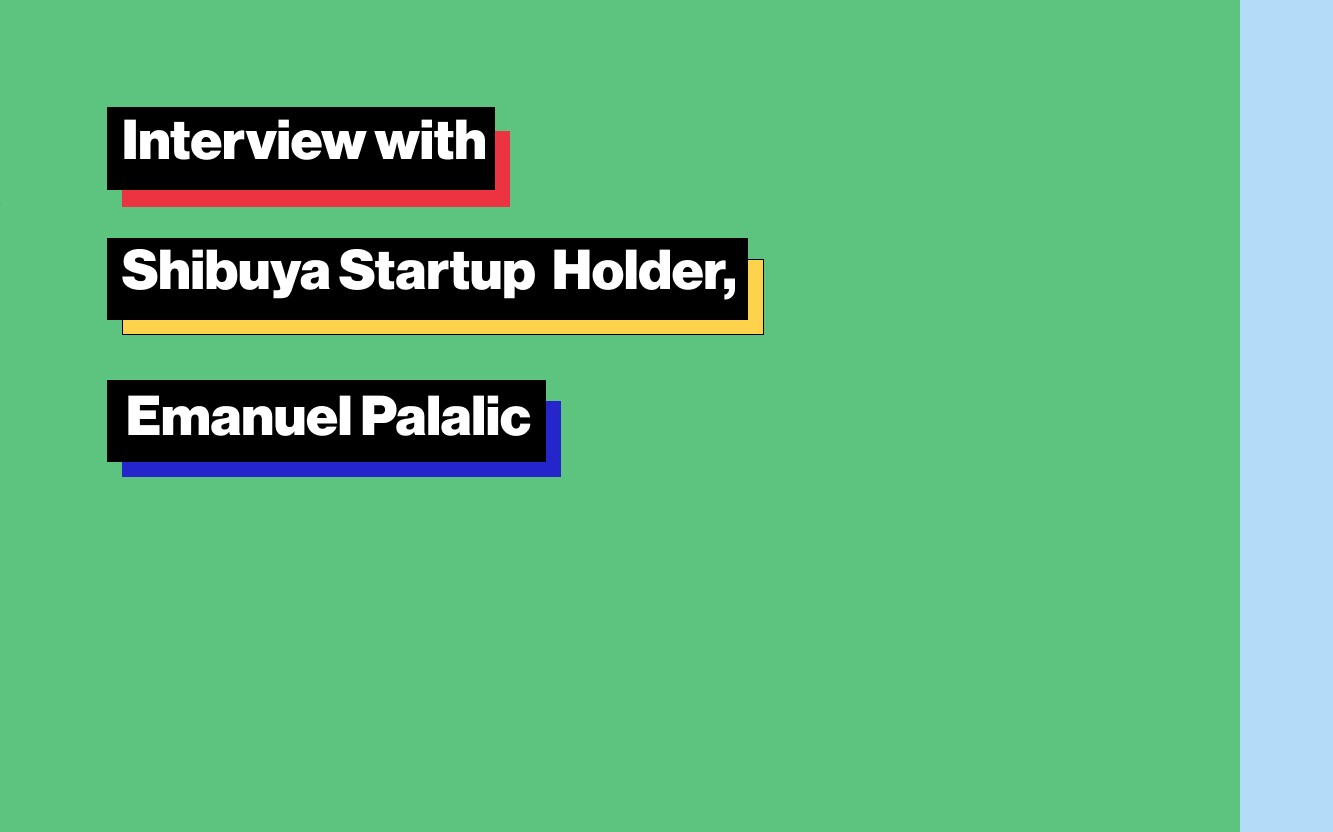
We spoke with Emanuel Palalic, founder of emptyvessel and a video game developer, who has been in Japan since March 2025 under the Shibuya Startup Visa. Emanuel shared his experience of launching a new studio in Tokyo, connecting with the local creative community, and navigating the challenges of starting a business in Japan as a foreign entrepreneur.

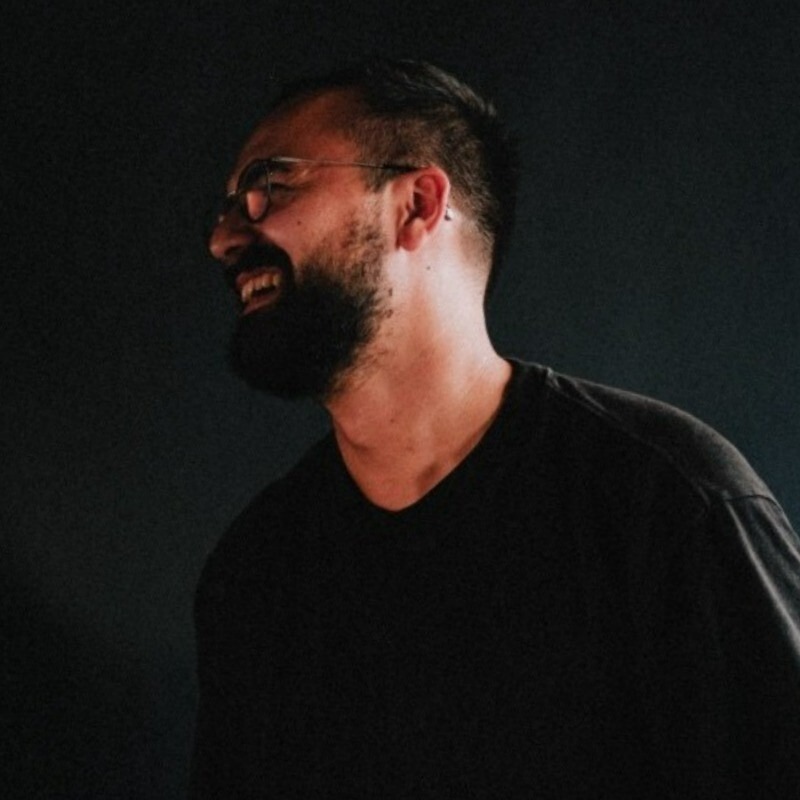
1. Could you briefly introduce yourself and your startup?
Absolutely. It is really a dream project with friends, something we have wanted to do for a long time. My friend and I came up with the idea for the game together. We both have backgrounds in larger studios, but we felt there were processes we wanted to approach differently. We wanted to build a studio that placed more emphasis on art and the creative side of the team. That is how it all started. We make video games, and right now we are working on our debut title called Defect. We announced it last August, and it has been an exciting journey so far.
At the moment, we have 17 full-time employees and 26 contractors, so the team has been growing quickly. Looking ahead, we are planning to expand our development team in Japan, with potential hires in Tokyo and perhaps Kyoto.
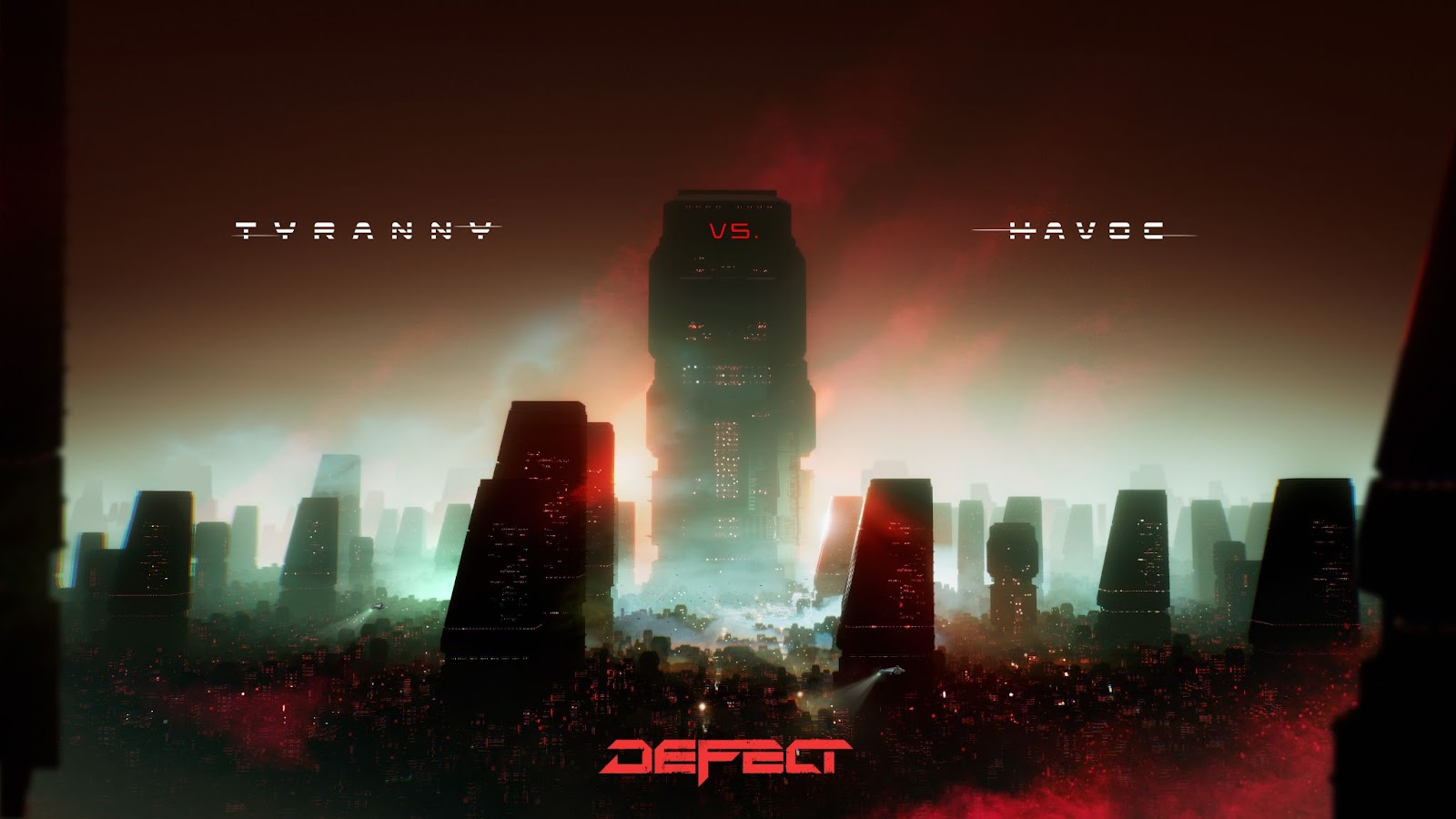
2. What motivated you to apply for the Shibuya Startup Visa and come to Japan?
I moved to Japan in March 2025 after visiting Tokyo several times for both work and leisure. During that time I was traveling frequently between Asia and Europe for fundraising, and Japan naturally became an important hub for me. What really motivated me was the opportunity to connect with the local creative community. I was impressed by how diverse and passionate the scene is, from independent fashion designers to musicians and visual artists. There is a strong sense of originality and depth in the work I have seen here, and that is very inspiring.
For our game, which is set in a cyberpunk world with strong alternative influences, these creative communities feel like a natural fit. We are excited about potential collaborations, whether that means featuring music in the game, creating unique in-game items with designers, or working with animation studios on promotional content.
Ultimately, what drew me to Japan and to Shibuya was the energy and creativity of these local communities, and I believe those collaborations can bring real value to our project.
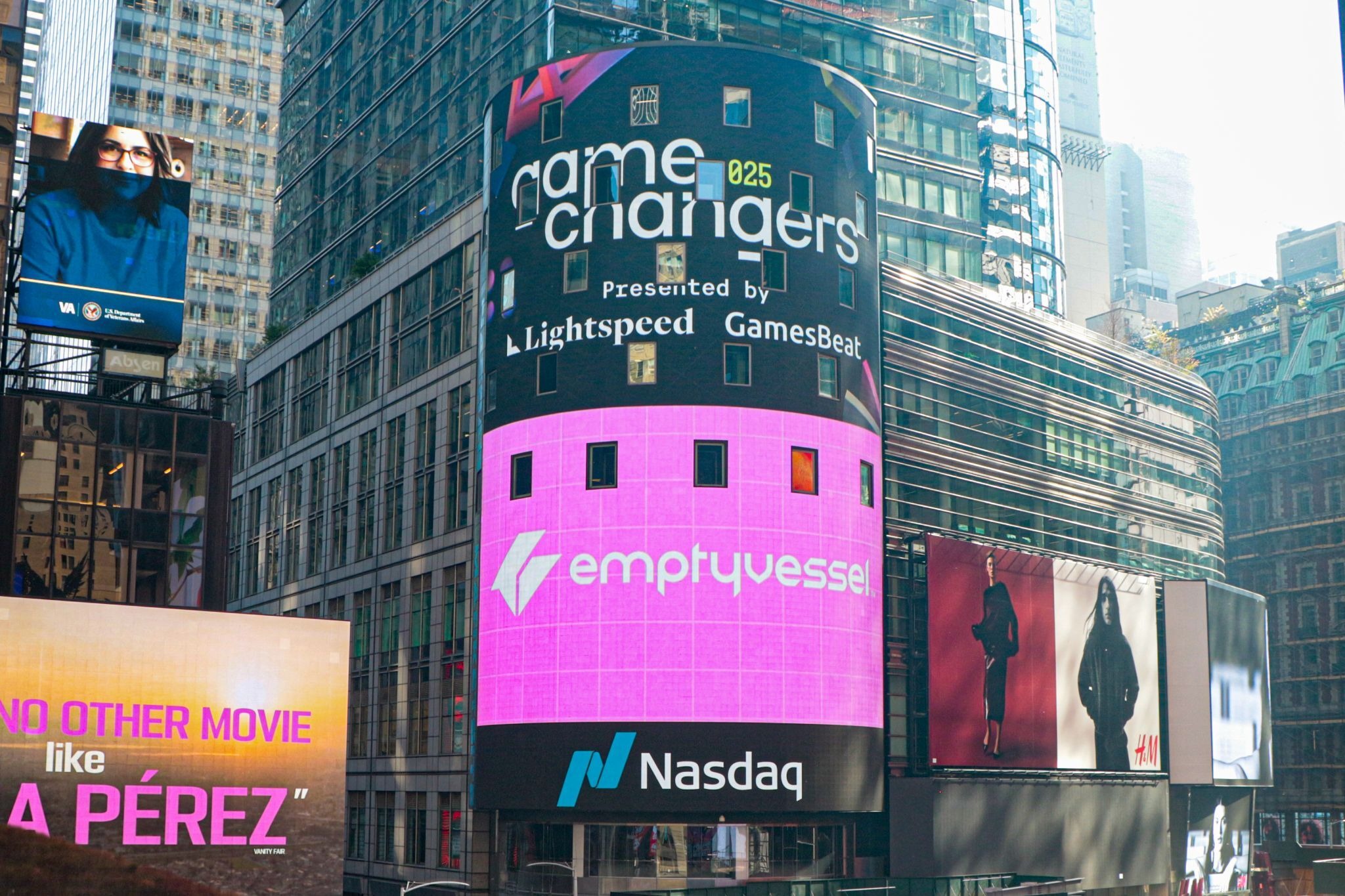
3. You’ve been in Japan for about three months now. How has your experience been so far?
It has been a really interesting start. One of my first impressions was the climate. Coming from Austin, Texas, I found Tokyo even hotter because of the humidity, which was definitely an adjustment.
Beyond that, I have been amazed by the creative community here. The artists and musicians I have met seem to put much more depth and research into their work, and the quality of execution is very high. Compared with some other cities, the ideas here feel more diverse and original, which is inspiring for someone building new games and IP. I also noticed that local marketing often happens through events like pop-ups, and that is something I would love to learn more about.
In terms of connections, I have met many people across games, music, film, and photography, often through introductions or at events. Some of those encounters even led to us organizing our own gatherings in Shibuya during the Tokyo Game Show, bringing together developers, artists, investors, and other creatives. The idea was to create a space where people could meet potential collaborators or find new projects, and so far it has been a fun and inspiring experience.
Since arriving in March, my time in Japan has been full of new discoveries and connections.
I’ve found the creative scene here more diverse and unique than in other places I’ve experienced.
4. What are your short-term goals while you’re based in Japan?
In the short term, I want to engage more directly with the local market and community. For example, participating in sessions at events like the Growth Hub, particularly those focused on marketing strategy in Japan, would be really valuable. I also want to become more familiar with the local venture scene. Although I have met some individual investors and people connected to some investors, I am not yet familiar with the broader venture community. Another goal is to strengthen connections with the Japanese teams of major companies such as Nintendo and Sony. I already know the American teams well, but I’ve rarely met people on the Japanese teams, and I believe building those relationships is crucial from a business development perspective. At the same time, I want to better understand the etiquette and cultural nuances involved in developing these professional connections in Japan.
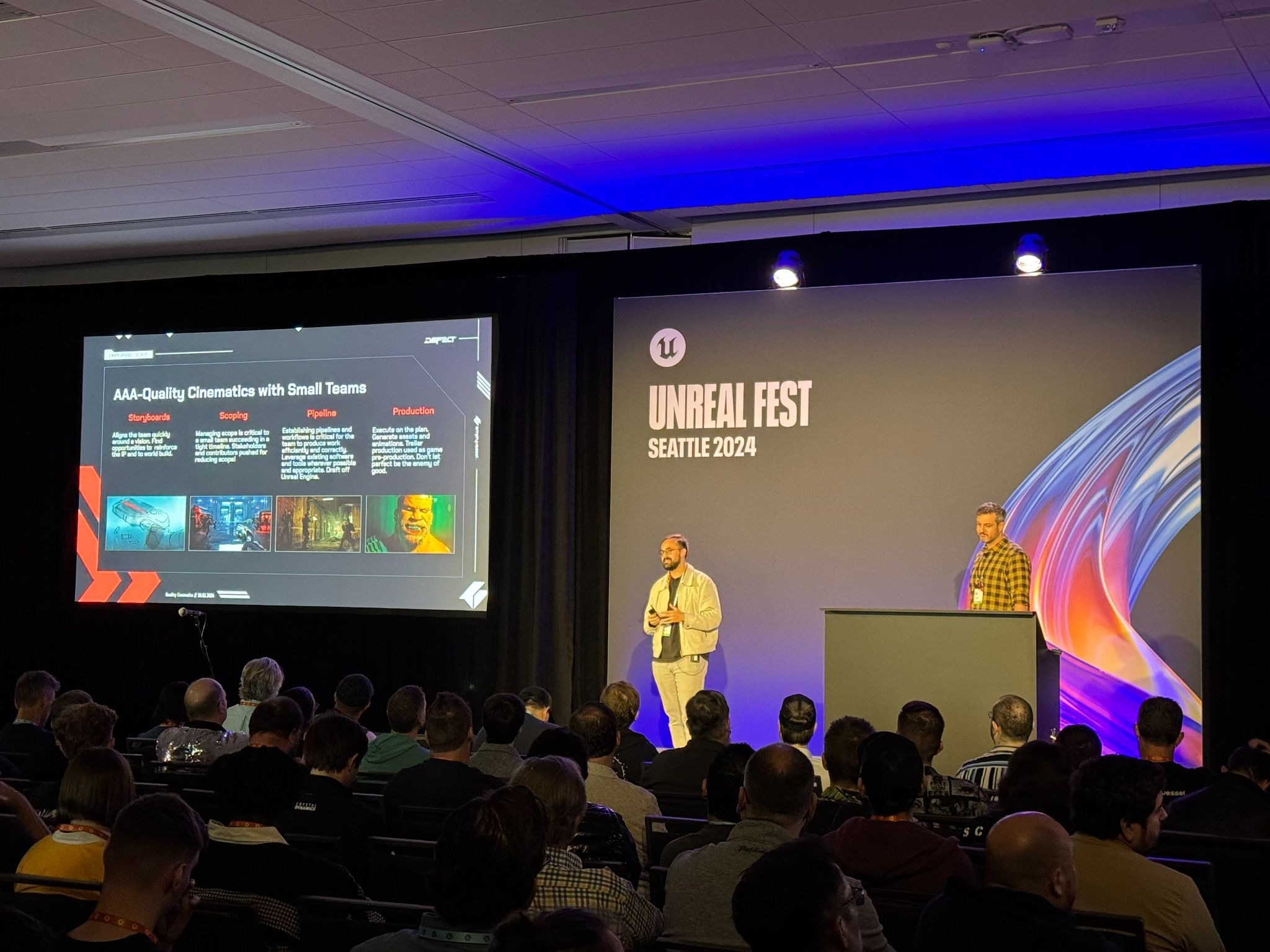
5. For those thinking about applying for the Startup Visa or expanding into Japan, do you have any advice or thoughts to share?
For anyone thinking about starting a business or expanding into Japan, I think it is really important to be prepared and know what you need ahead of time. There are a lot of documents and procedures to deal with, and it can be really confusing if you cannot read kanji. Processes such as the visa application, opening a bank account, or renting an apartment can be tricky, so having guidance makes a big difference. Shibuya Startup Support has been extremely helpful in providing detailed instructions and advice for these steps. At the same time, connecting with local communities, whether other entrepreneurs, investors, or potential collaborators, is valuable but can take time and requires understanding local practices. Overall, being well-prepared, understanding the right procedures, and using available support services can make launching a business in Japan much smoother.
Thank you Emanuel for sharing your business and experience in Japan!
If you are interested in the startup ecosystem and startup visas, please don’t hesitate to contact us, and follow us on social media to keep up-to-date on upcoming events!
More information on emptyvessel: https://www.emptyvessel.io/
More information on Shibuya’s Startup Visa program: https://www.shibuya-startup-support.jp/?r=0
Shibuya Startup Support’s social media accounts:
LinkedIn:https://www.linkedin.com/company/shibuya-startup-support/
Facebook:https://www.facebook.com/shibuya.startup.support
X (formerly Twitter):https://twitter.com/ShibuyaStartup